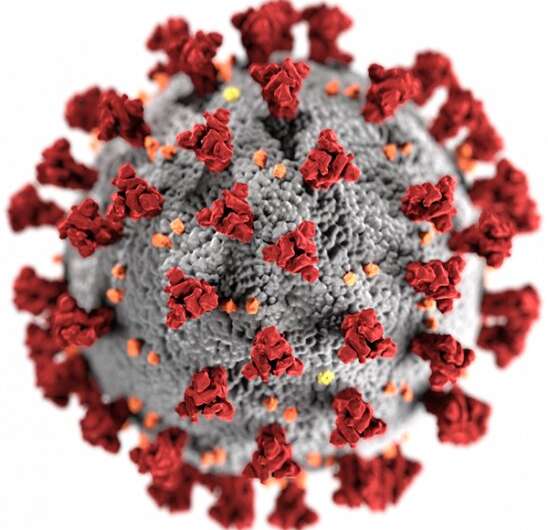Three decades after Pablo Escobar's death, drugs ravage Medellin
In 2013, some 3.5 percent of Colombians said they had ever taken an illegal substance. Six years later, the number had nearly tripled
May 10, 2022 - AFP

is the cheapest illegal drug available in Colombia
Three decades after cartel boss Pablo Escobar was shot dead by police on a rooftop in Medellin, the very city he had sought to uplift with drug money is being ravaged by it.
Junkies frequent hundreds of sales points dotted around Colombia's second city, which has become the epicenter of the domestic drug trade.
Basuco is derived from the coca leaf also used to make cocaine, and mixed with other low-grade substances.
"I am a bit nervous," he confessed.
Four brief months later, all his worldly belongings fit into a worn briefcase, and he often sleeps rough.
Researchers estimate the figure is now closer to 800.
In 2013, some 3.5 percent of Colombians said they had ever taken an illegal substance, according to the state statistics agency.
With aid from the United States, leader in the global "war on drugs", a Colombian crackdown since the early 2000s has forced traffickers to look homeward.
Domestic clients, however, are not getting the best of what the world's largest cocaine exporter has to offer.
With 2.2 million inhabitants, Medellin is today the city with the highest drug consumption -- 15.5 percent -- in Colombia.
But authorities say the increase in domestic drug use has gone hand-in-hand with rising insecurity.
Official data does not distinguish between gangster and civilian deaths.
In Medellin, the numbers reveal a paradox.
According to Luis Fernando Quijano of social development NGO Corpades, this was more telling of a "mafia peace" than of any real progress.
"When seizures are made... it is often not the product of (police) intelligence," Quijano added. "They are delivered (by the narcos) to create the image that... the security strategy is working."
"As long as there are consumers... criminals will see a business opportunity," he said.
In 2018, then Medellin mayor Federico Gutierrez accompanied nearly 1,000 police who bulldozed the city's main drug market, known as "The Bronx."
His leftist rival Gustavo Petro wants to address drug use as a public health problem.
But many quickly return, including The Bronx.
Others offer "tusibi" -- calling it "tusi" for short or sometimes "pink cocaine" -- the latest party drug based on Ketamine mixed with substances such as ecstasy and mescaline, a psychedelic derived from a cactus.
Addict Julian, his discolored skin stretching over the pronounced cheekbones of his emaciated face, told AFP he needed to inject himself four times a day.
The transaction takes mere seconds.
But no longer.







